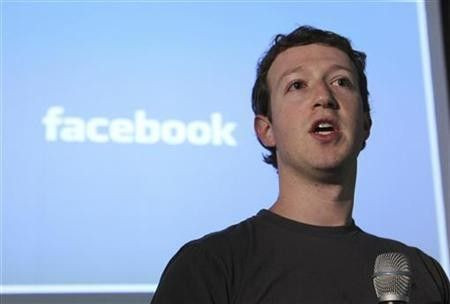Facebook IPO 2012: P/E of 166 Justifiable?

CNBC reported that Facebook's IPO may occur in the first quarter of 2012. The valuation could exceed $100 billion.
In 2010, Facebook earned a profit of $600 million, according to MSNBC. A valuation of $100 billion therefore boasts a P/E ratio of 166. Even if Facebook earnings were to double by Q1 2012, the P/E ratio would still be 83.
Is such a high valuation justified? How much more can Facebook grow?
Data from Inside Facebook showed that Facebook lost 6 million US users, 1.5 million Canadian users, and 100,000 UK users in May, suggesting signs of declines in developed countries.
However, a Facebook spokesperson brushed off the report. comScore and Nielson also gave BBC figures that disputed the report.
Regardless of what really happened in May, Facebook will soon likely hit the demographics wall in the US and other developed countries.
In the beginning, its growth in developed countries like US was parabolic. Facebook (originally called thefacebook.com), within 24 hours of its launch in February 2004, had over 1,000 users.
Four and a half years later, US users shot up to 27 million. A year after that, it increased to 65 million. Another year after that, it increased to 125 million, according to calculations from Nick Burcher, who used data from Facebook's ad program.
Now (May 2011), Facebook has 150 million US users, according to Inside Facebook. At this point, Facebook's days of blistering growth in the US are likely over.
One hundred fifty million is nearly half of the US population. Moreover, it's 60 percent of the under 60 population, 80 percent of the under 45 population, and 90 percent of the under 40 population.
In 2008, Burcher calculated that 90 percent of Facebook users are under the age of 34 and 97 percent are under the age of 45. These Facebook demographics aren't surprising and probably haven't changed too much in 2011.
So by reaching 150 million users, Facebook has saturated over 80 percent of the population responsible for well-over 90 percent of its US users.
From here, there isn't that much room to grow. The same logic applies to other mature countries like the UK.
Of course, Facebook is still growing globally because of users from emerging market countries like Indonesia.
However, advertising rates for developing countries are still low at this point - that's why many providers of high-bandwidth advertising supported services, like Hulu, restricts usage to US IP addresses.
© Copyright IBTimes 2025. All rights reserved.



















